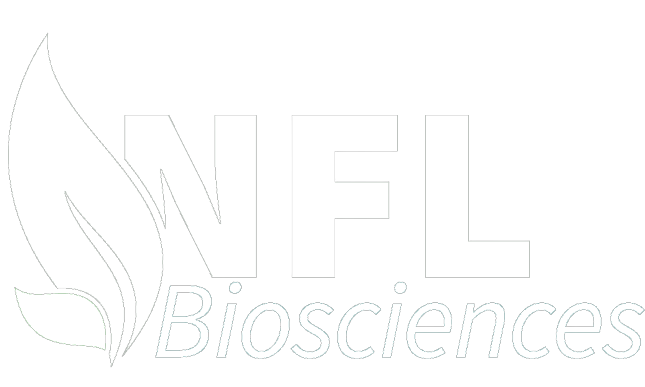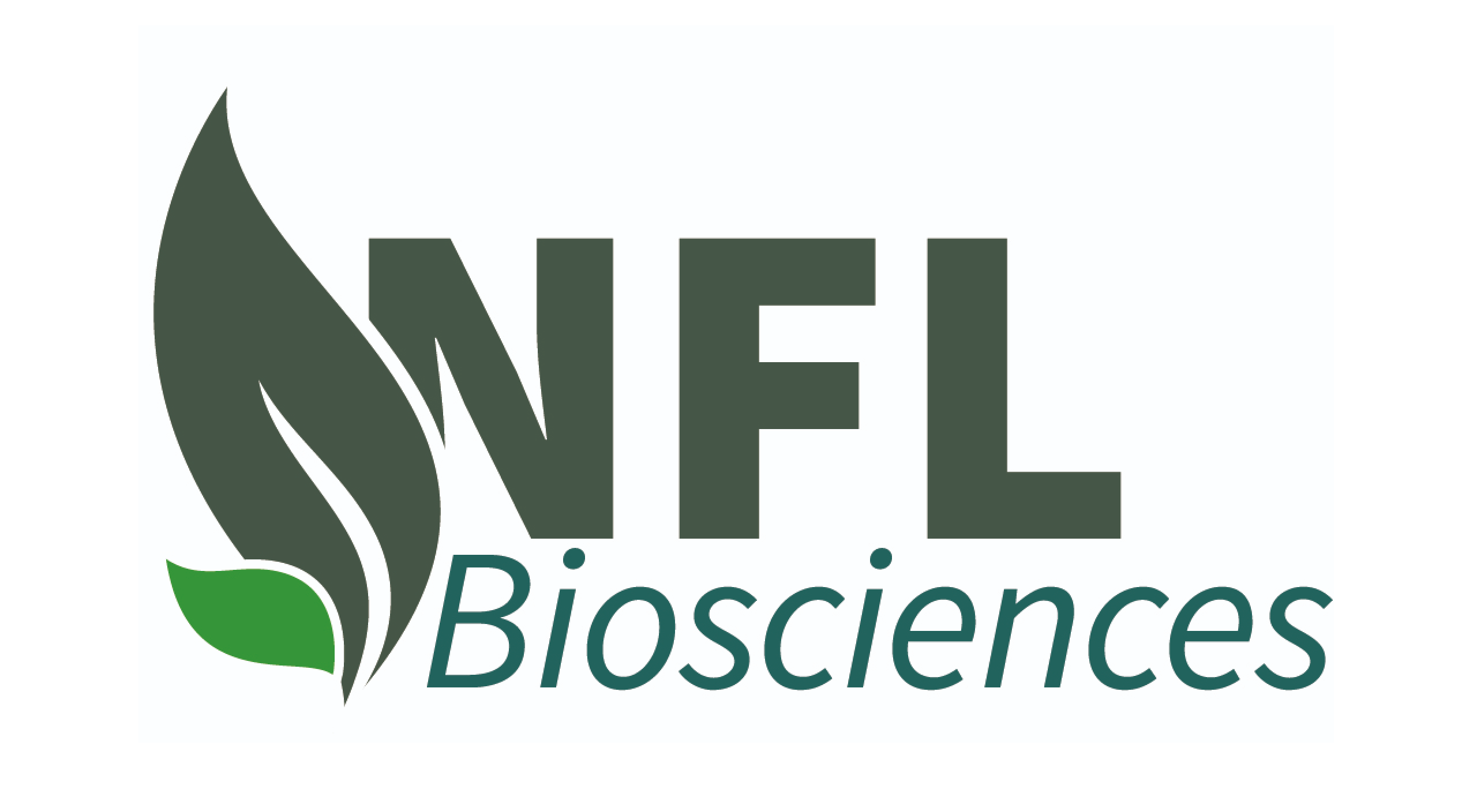NFL-101: Studies

Preclinical studies have demonstrated the safety of NFL-101, leading regulatory bodies to authorize its administration to humans in clinical trials.
Phase 1 (CESTO) and Phase 2a (PRECESTO) clinical studies endorsed the safety of NFL-101, and also provided the first data measuring its efficacy in a controlled environment.
The Phase 2b efficacy study (CESTO 2) conducted on 318 patients in 9 clinical centers in France in 2023 and 2024 demonstrated an efficacy comparable to that of other smoking cessation treatments. The study notably highlighted a significant reduction in craving, that is, the irresistible urge to smoke, and more specifically the compulsion to smoke, which are believed to be the driving factors behind this effectiveness. Craving is the main cause of relapse during quit attempts and is poorly alleviated by current smoking cessation medications. NFL-101 could therefore be offered to any smoker wishing to increase their chances of success, whether or not they are using other smoking cessation treatments simultaneously.
CESTO 2 (Phase 2b) confirms the efficacy of NFL-101
A Phase 2b study, CESTO2 (NCT04571216), multicenter (9 clinical centers in France), randomized, double-blind, placebo-controlled, involving 318 subjects with a 12-month follow-up, was completed in 2024. The primary endpoint is continuous abstinence for 4 weeks, and secondary endpoints include continuous abstinence for longer periods, up to 12 months.
NFL-101 is administered via two subcutaneous injections, the first coinciding with the target quit date and the second one week later, which facilitates adherence.
The results published in July 2024 were also compared with the efficacy of currently approved or pending approval medications. These initial results are available here.
The results have been published in a peer-reviewed scientific journal (Pubmed link).

Updated (post-hoc) analyses, published in October 2024, have validated the efficacy in smoking cessation, demonstrated a significant reduction in craving, and confirmed the commercial potential. These results are available here.

PRECESTO (Phase 2a): reduction in cigarette-related satisfaction
Reducing the satisfaction associated with smoking prior to a quit attempt weakens the link between smoking and its reward, thereby improving the success of quit attempts. Champix®/Chantix® achieves this by reducing cigarette satisfaction during the 7-10 day pre-treatment period. This contributes to its greater efficacy when compares to nicotine replacement therapies such as patches.
PRECESTO (NCT06091826) is a Phase 2a, cross-over, randomized, double-blind, exploratory clinical study, over two 28-day periods, involving 34 subjects who did not want to quit smoking, and whose aim is to measure the reduction in satisfaction provided by cigarettes.
PRECESTO shows that NFL-101 reduces smoking satisfaction. The reduction is greater than that observed with Champix®/Chantix®.
The therapeutic value of reinforcing the efficacy of current smoking cessation medications, particularly nicotine substitutes, by pretreatment with NFL-101 is confirmed.
Detailed results of the study, published in October 2023, are available here.

Source: PRECESTO study; study NCT02634281 (Bohadana A, 2020)
CESTO (Phase 1): safety confirmed and effect observed
A phase 1 study, CESTO (NCT02521701), was conducted by the Montpellier Regional Cancer Institute (ICM) on 24 smokers to confirm safety. The last 12 subjects were recruited with the intention of making a quit attempt, at which point efficacy could be measured.
The safety of the product was confirmed, with the absence of side effects, and a specific action on the immune system was demonstrated.
The 24 subjects in the study described a reduction in satisfaction with cigarettes and a reduction in the desire to smoke.

